Portal for more climate-friendly mobility

CNG is the cheapest option
When prices rise, customers and the Swiss price watchdog keep close track. Price comparisons help but can sometimes be too short-sighted. Energy cost comparisons go a little further – the German Federal Ministry for Economic Affairs and Climate Action indicates that CNG is ahead of the pack.
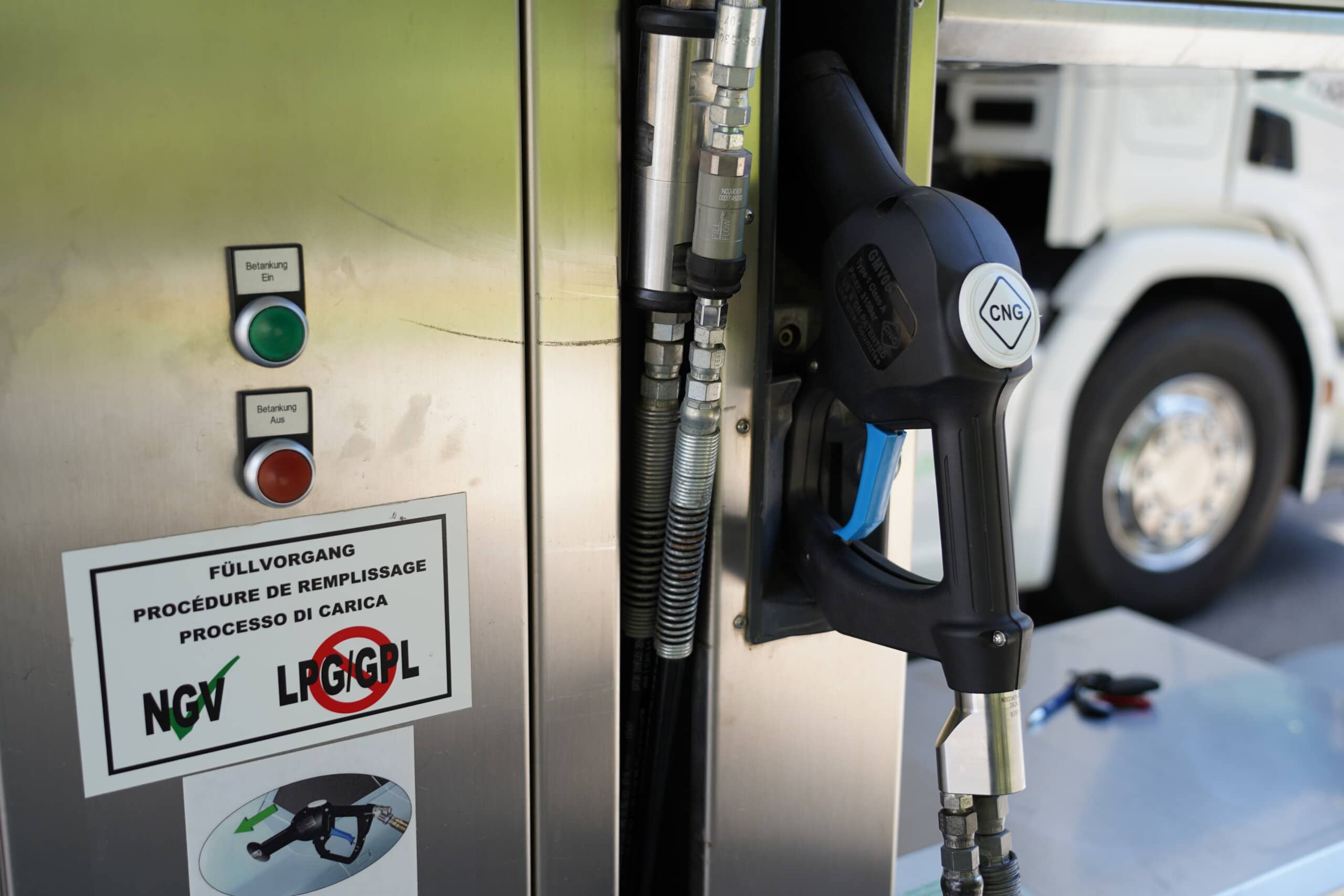 The price at many Swiss CNG filling stations is still quite high, although many supply companies are using reserves to reduce price increases. Source: CNG-Mobility.ch
The price at many Swiss CNG filling stations is still quite high, although many supply companies are using reserves to reduce price increases. Source: CNG-Mobility.ch
“The Price is Right” – does the title of the legendary TV show apply to the gas market and CNG filling stations? At the end of February, Swiss price monitoring expert Stefan Meierhans took stock and noted that gas prices in Switzerland had risen by an average of around 7 centimes/kWh between January and autumn 2022. He also said that in order to curb price increases, many utility companies were drawing on reserves they had built up in recent years based on low purchase prices.
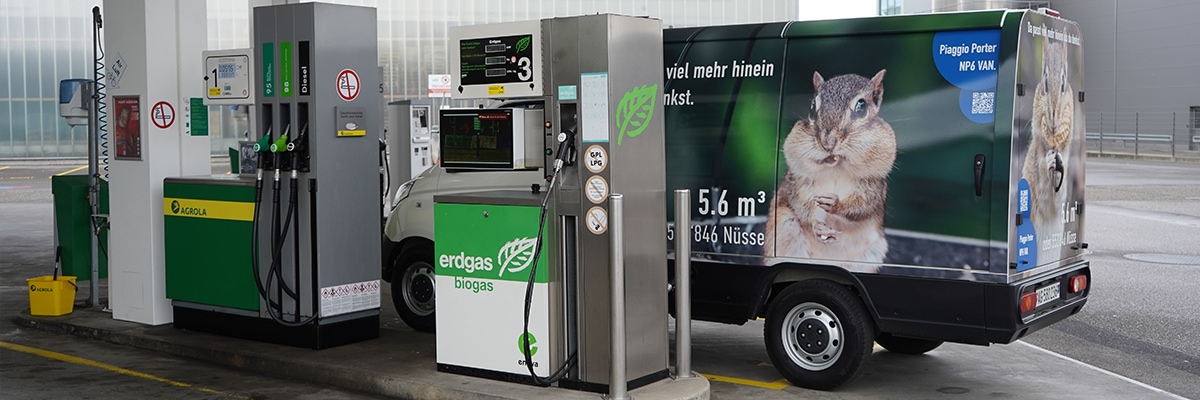 The latest CNG vehicle model on the Swiss market: the Piaggio Porter NP6 as a van. Source: CNG-Mobility.ch
The latest CNG vehicle model on the Swiss market: the Piaggio Porter NP6 as a van. Source: CNG-Mobility.ch
As a way of countering the sharp rise in fuel prices, Meierhans proposed as early as March 2022 that competition between filling stations should be stepped up by means of a fuel price app. Touring Club Switzerland (TCS) took up this suggestion by launching its own app, and this data is now also used by the online comparison service Comparis. As Meierhans says: “The aim here is to reach a larger group of users.” But as he critically points out: “There’s still room for an improvement in data quality right now. I hope the merger of TCS and Comparis will result in a further improvement of data quality so as to ensure this positive effect will be sustainable.”

Another key point here is that in the case of TCS and Comparis, CNG prices are currently quoted in litres and not in kilos. This of course projects a completely different picture compared to our own knowledge portal CNG-Mobility.ch, where kilo prices are listed both under the filling station search and in the CNG route planner – as well as the proportion of biogas at the petrol pump: as everyone knows, the latter is not “only” more ecologically compatible but is a key price factor, too.
Even if certain price comparisons can still be misleading, there is one that shows how inexpensive and sensible it can be to use CNG or biogas. Two years ago, the German Bundestag decided to compare the energy costs incurred by passenger cars, the aim being to provide a transparent, easy-to-understand comparison of average fuel and energy consumption per 100 kilometres.
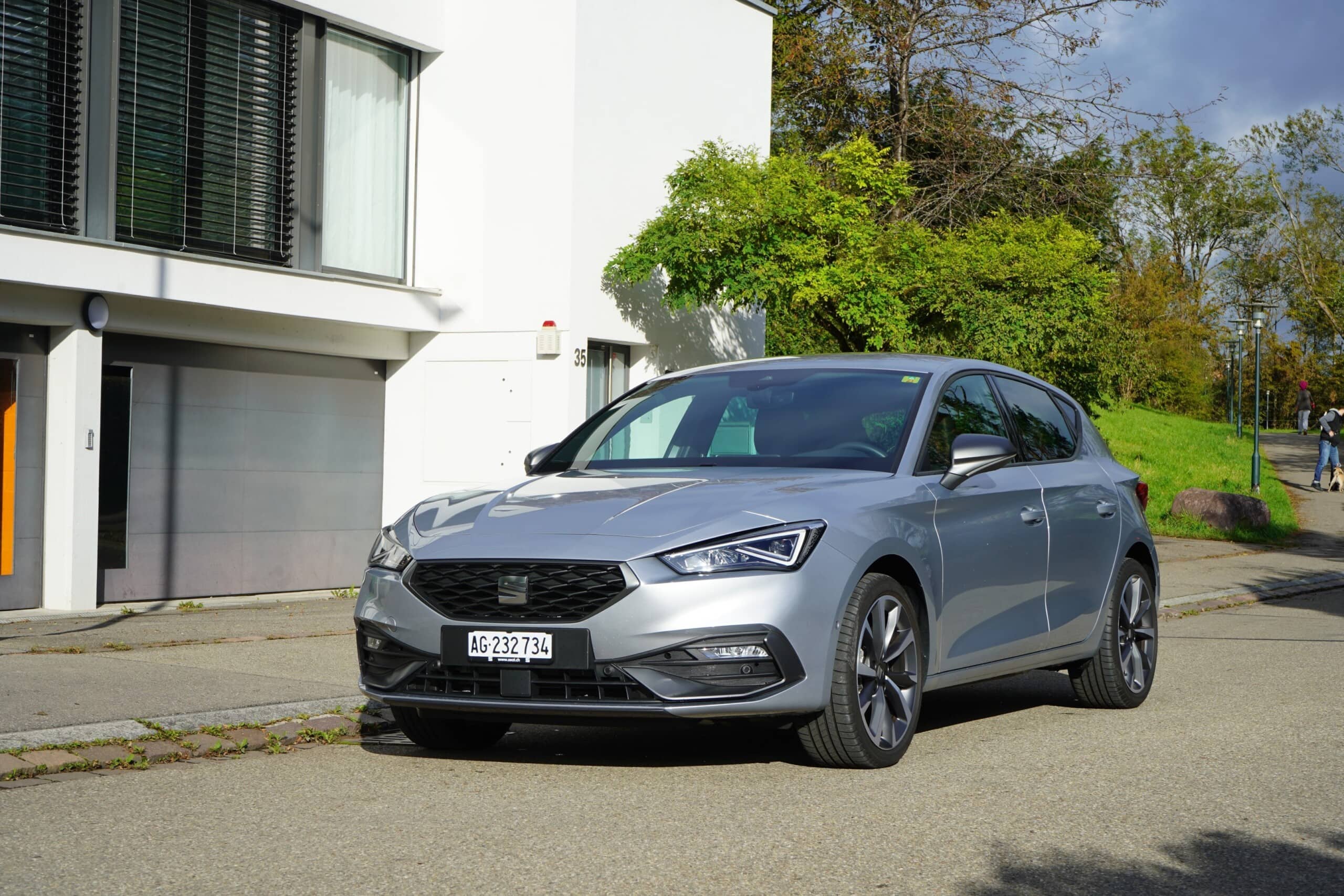 The German Federal Ministry of Economics and Climate Protection concludes that CNG drivers are the cheapest on the road. Source: CNG-Mobility.ch
The German Federal Ministry of Economics and Climate Protection concludes that CNG drivers are the cheapest on the road. Source: CNG-Mobility.ch
CNG drivers will be pleased with the latest comparison: the German Federal Ministry for Economic Affairs and Climate Action came to the conclusion in March 2023 that a CNG vehicle is currently the cheapest option. While a 100-kilometre trip in a small or compact electrically powered car can be expected to cost 8.31 euros, in a CNG-powered vehicle the cost is only 5.94 euros – so a small electric car is almost 40% more expensive to run. The savings are not as significant when you compare mid-range and high-end vehicles, but CNG vehicles are still ahead of the pack at 7.03 euros per 100 kilometres compared to 8.49 euros.
Incidentally, the energy cost comparison is due to be updated next in June 2023: we can’t wait to see whether CNG vehicles – which are virtually carbon-neutral when they run on biogas – will continue to be cheapest mobility option. (pd/jas, 09 March 2023)
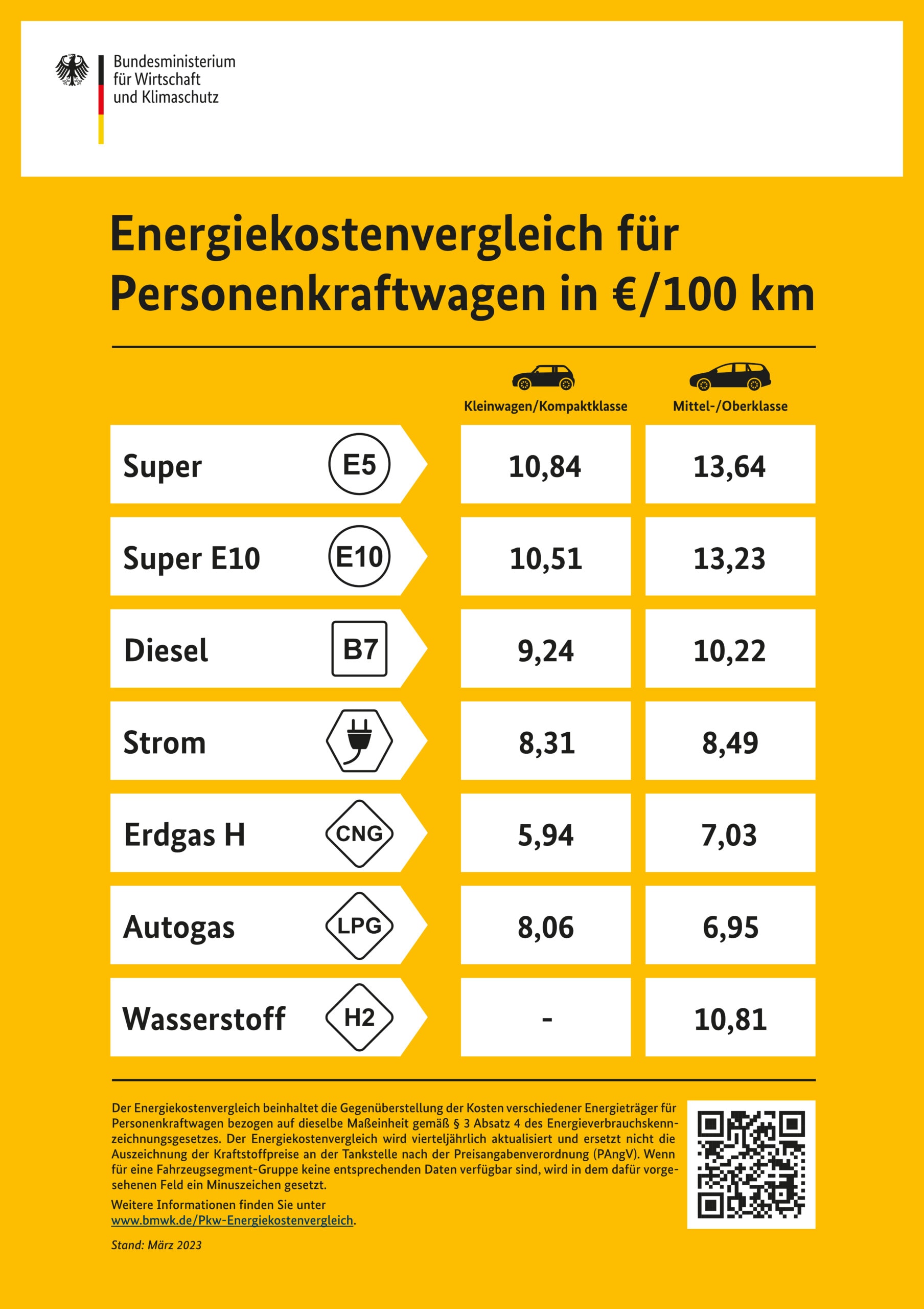
Source: German Federal Ministry for Economic Affairs and Climate Protection
You might also be interested in
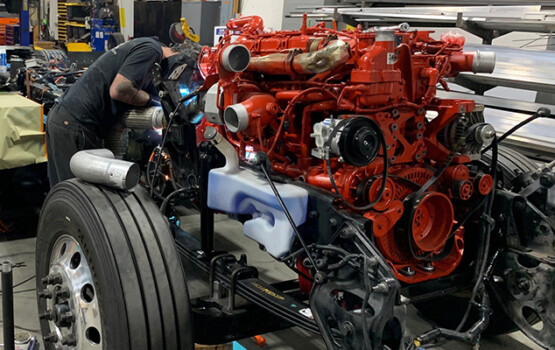
Operation on the open CNG heart
